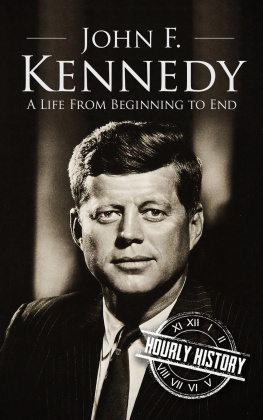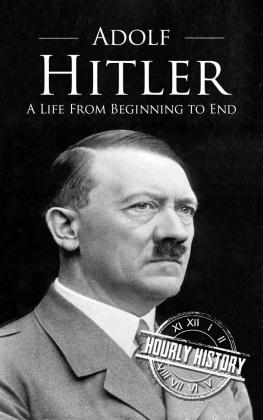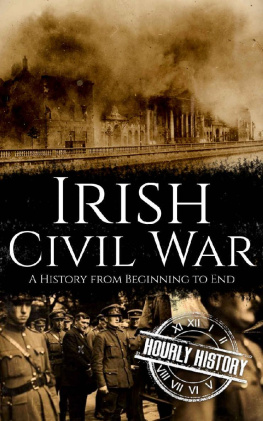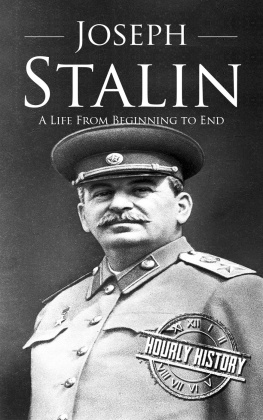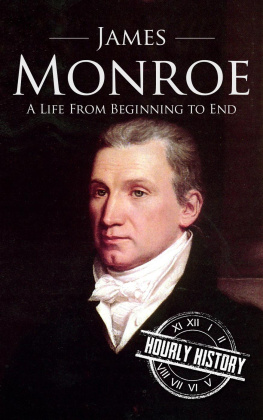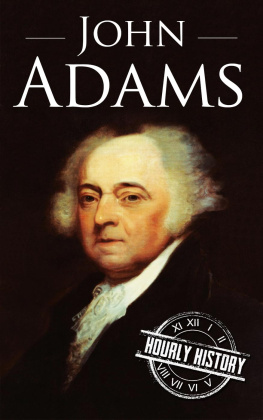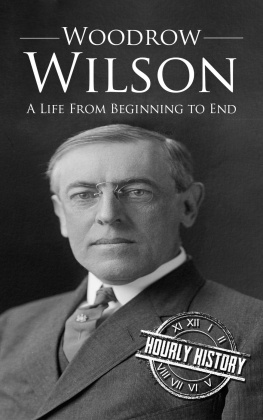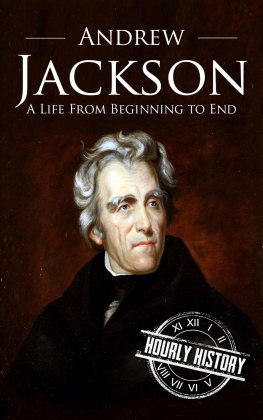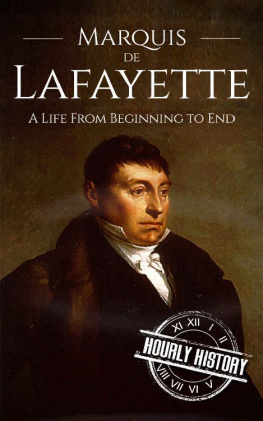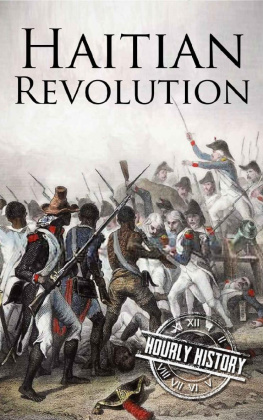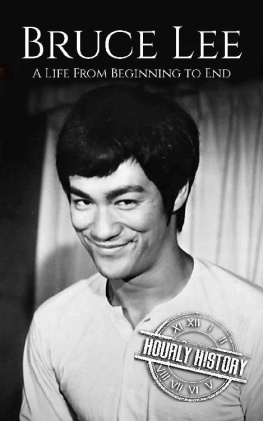J ohn F. Kennedy was born in a time when the memory of signs that said No Irish Need Apply were fresh in the minds of his family. He ran for president at a time when the concept of a Catholic in the Oval Office was inconceivable. His marriage to the beautiful, cultured Jacqueline Bouvier created an image of glamor that was very different from what post-war America was used to in its First Ladies. His womanizing was a secret kept from the public by a press that was complicit in the concealment.
Kennedy took office at a time in history when America and the world were both undergoing periods of dramatic social change. His inauguration promised so much hope for the future, but no historian has a crystal ball - and no one knows what he might have accomplished had he lived and been re-elected to serve a second term. Would he have acted upon his instincts that Vietnam was a quagmire, sparing the United States the division it suffered over the unpopular war that exposed the paranoia of a nations obsession with stopping communism through CIA plots, war, and meddling in the governments of other nations? Could he have accomplished as much as his successor Lyndon B. Johnson did to promote civil rights and social justice? After proving himself through the tension of the Cuban Missile Crisis, would he have brought a new strength to dealings with the Soviet Union? Would the country, instead of losing itself in waves of violence and disenchantment with government, have found the inspiration in public service that Kennedy promoted?
Well never know. Dallas robbed the nation of its hopes, delivering instead a multitude of images which are embedded in the nations mental photo album: the smiling president and his beautiful wife riding in an open convertible; the Zapruder film images showing the impact of the bullets as Kennedy was shot; the swearing-in of Lyndon Johnson as president while the new First Lady and the widow, still wearing her blood-stained pink suit, witnessed another page in historys traumatic book of events; Walter Cronkite giving way to emotion as he revealed to the nation that the President had died; the awe-inspiring, somber funeral that the First Lady planned, even as she planned a birthday party for her young son, determinedly forging on with her duties as a mother and her responsibilities to her fallen husband.
In 1964, Jackies pink suit and the accessories she wore on that terrible day were sent to the National Archives. In 2013, the dress was made available for viewing by the public, according to the instructions of Caroline Kennedy Schlossberg, the daughter of John Fitzgerald Kennedy and Jacqueline Bouvier Kennedy. What will that pink suit, marred with bloodstains, mean to the Americans of that time? Will the events of November 22 still resonate in the national consciousness when no one is alive who can recall what he or she was doing on that fateful day in Dallas? The Kennedys were icons on a grand stage, and the pink suit is as much an icon of American history as is Marilyn Monroe serenading the president on his birthday, his charge to the nation to ask not what your country can do for you, but what you can do for your country, and the riderless horse at his funeral. The images never fade.
Kennedy the President was the conclusion of a book made up of many chapters, the privileged son born to an ambitious scion of immigrants who defied the prejudice against the Irish. He was ill from childhood, yet he personified the image of a man of indomitable strength. As a man, he was far from flawless, but perhaps the fairest way to judge him is to recognize that his presidency embodied the hopes of a nation founded on lofty ideals. America, and JFK, did not always reach those exalted heights, but the man and the nation he led never stopped believing in them.
When my great-grandfather left here to become a cooper in East Boston, he carried nothing with him except two things - a strong religious faith and a strong desire for liberty.
John F. Kennedy
T he nineteenth century saw a mass exodus of Irish immigrants fleeing desperate poverty and oppression in their native country to try their luck in the United States. Two of those immigrants, Patrick Kennedy and Bridget Murphy, left County Wexford for Boston, marrying in 1849. Bridget Murphy Kennedy, whose eldest son had died of cholera, became a widow when Patrick died in a cholera epidemic, leaving her with a son, Patrick Joseph. As a businesswoman who owned a store that later grew into a grocery and liquor store, she was able to provide her son with a formal education, the first Kennedy to receive one. When the boy was fourteen years old, he left school and went to work on the docks in Boston. He had inherited his mothers business acumen, and he saved his money so that he could buy a saloon, and then a second one. A third one, this one in a Boston hotel that serviced the upper classes, was purchased next. From saloons, he expanded to importing whiskey.
Prosperity brought better real estate so that he could move his familyby then he was marriedto East Boston, where his neighbors included not only Irish Catholics who, like him, had risen above the poverty of their origins, but also Protestants of influence. Kennedy decided that it wasnt enough to just be a businessman; he wanted to be a politician. In 1884, he ran for the first of five consecutive terms as a member of the House of Representatives in Massachusetts and three two-year terms in the state senate. Politics seemed to be in the blood of the Irish, but Kennedy found that what he really wanted was to become a mover and shaker in the Boston political machine, pulling strings for the other candidates.
His oldest child, Joseph Patrick Kennedy, was born in 1888 in circumstances very different from those that his father had risen from. P.J. Kennedy had the advantage of going to school until age 14, but his son Joseph Kennedy went to Harvard College, and, upon graduation with a degree in economics, became a bank examiner. When the bank in which his father was a shareholder was at risk of being taken over, Kennedy borrowed the money he needed to take control and by the age of twenty-five was the bank president. He was in his twenties when he began to make his reputation and his fortune in the stock market as an investor,
The Irish had been in Massachusetts long enough to have their own society, and the Kennedys were at the top of the social pyramid. Another prominent Irish Catholic family was the Fitzgeralds. Rose Fitzgerald had been educated in the Netherlands, studied piano at the New England Conservatory, and attended the Manhattanville College of the Sacred Heart before she and her father, the outgoing, irrepressible John Francis Honey Fitz Fitzgerald, toured Europe. For Rose, her Catholic faith was an innate part of her character, a source of strength for her during a long life that saw more than its share of tragedy and trial.









